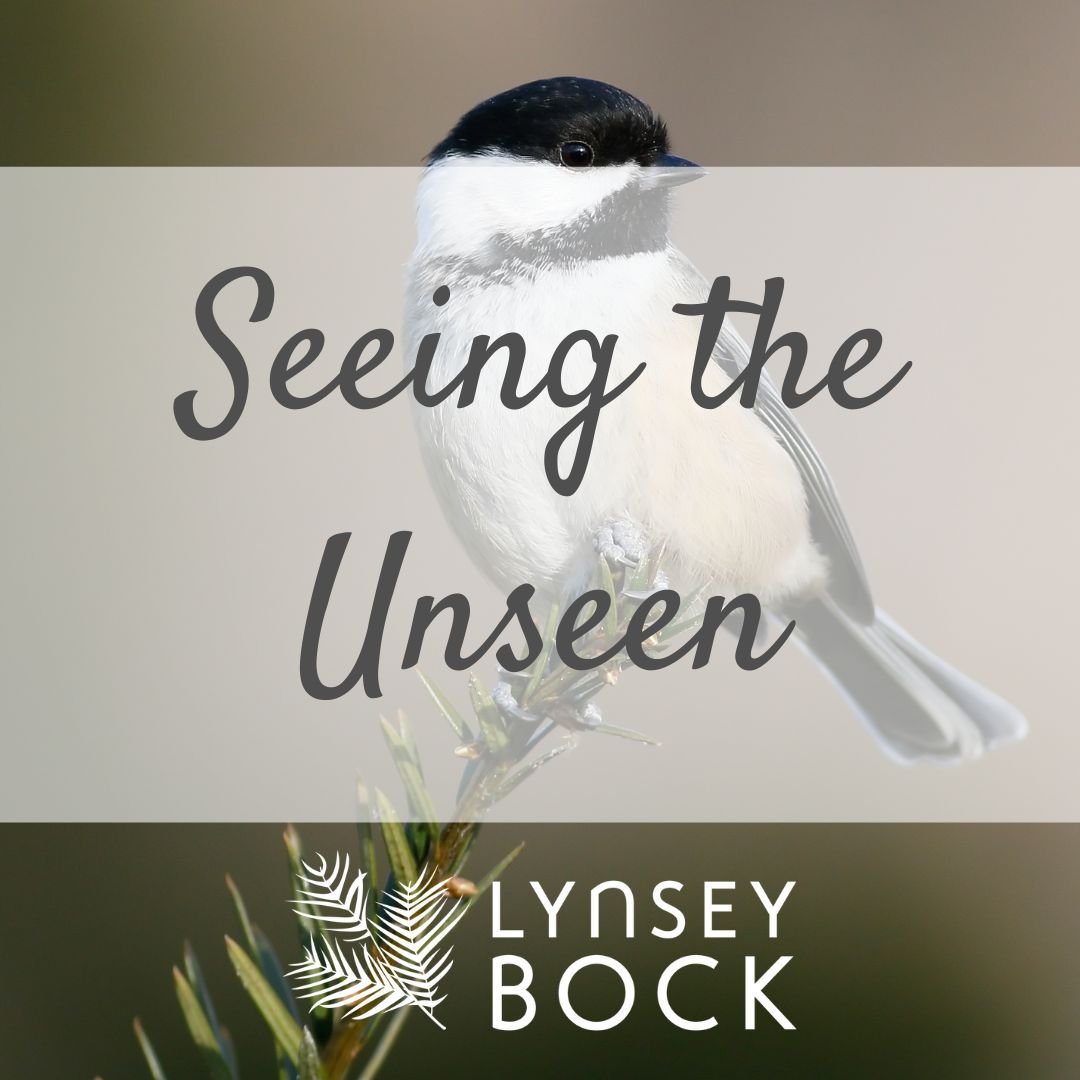Be honest: would you say you love your life as it is now, or do you just slog through each day, waiting for it to get better?
I’d say I’m more of a slogger. I struggle to be content with my life as it actually is. I tend to tolerate the present as I wait for that next thing that I just know will make me happier than I am now. That’s why I was ready to buy Alexandra Kuykendall’s book Loving My Actual Life pretty much as soon as I saw the title.
If that wasn’t enough of a hook, these couple thoughts from the book’s introduction reeled me in for good:
“We know with certainty that we must be made for more than merely tolerating our circumstances; we want to know how to thrive within them.”
I’m so tired of tolerating! I’m ready to thrive!
“We all have our ideal and then also all have our reality. They rarely match up. This is a book about savoring the reality.”
My ideal and my reality so do not match right now! I’m ready to savor!
The Idea Behind The Book
Loving My Actual Life: My Experiment in Relishing What's Right in Front of Me is Kuykendall’s reflection on nine months of intentional experimentation in nine different areas of her life: quiet, mornings, dates, health, adventure, home organization, creativity, meals, and passions. Each month, the author chose a few new habits or goals to implement to help her focus on that area of her life.
The Experiment
For example: in the “quiet” month, one of her goals was to have thirty minutes of intentional alone time every day. During the month where she focused on “dates”, she decided to give her face-to-face interactions with people her undivided attention, instead of allowing herself to be distracted.
Over the course of each month, she reflected on how she was doing with all of her goals, and what God was teaching her about Himself through it all.
Although Kuykendall’s monthly experiments involved setting goals and forming new habits, her book definitely doesn’t read like a behavior modification checklist. This is not, “Transform Yourself into the Perfect Christian Woman in Nine Short Months!”
Instead, just as the title suggests, it’s inspiration and motivation for you to discover what is already great in the life you have right now. Goals and habits are just tools Kuykendall uses to hone her focus on the topic at hand so that she can see God working in her life at that moment. Her perspective is transformed because her experiment is essentially living intentionally with gratitude: nine areas, one month at a time. Each month, her area of focus reminds her of essential Biblical truths that bring her joy.
For example, in the “health” month, her resolution to care for her body through exercise and better sleep remind her of the miracle of Christ’s bodily incarnation:
We’re in Lent season right now, preparing to remember Christ’s body being broken. On Easter morning we will celebrate the resurrection, the overcoming of death that happens three days later. But first the body is broken. It’s what we commemorate when we take communion, representing the flesh and the blood on the cross. It is that broken body that changed the course of history, on which our entire faith hinges.
Jesus's body, a holding spot for God himself.
At the end of that month, Kuykendall’s desire for healthy living was not selfish or vain as it is for many of us. Instead, she was filled with a desire to care for her boy in order to serve and obey: to participate in “God’s good” daily.
The Results
In the end, the author’s nine-month experiment was a mixture of successes and failures. Some of the habits she tried out worked for her, and some of them were complete non-starters. I loved her Gospel-infused reflection at the end of the book on her “failures” in the experiments:
“When i failed at an experiment, did God love me any less? No. His character, his essence, do not change. I can’t move his position toward me. So in a sense those failures not only taught me about my own wiring, they reminded me of what I already knew of his, that his grace covers every area of my life. I, in fact, do not need to perform for him.” Love that!
My Take
After reading the book, I don’t think I really need to dive into nine months of major experimentation myself. It’s not because I’m too awesome or anything, but because of the excellence of Kuykendall’s writing. It was very personable and relatable, with solid Biblical encouragement. She artfully introduced me to her family and friends so I could walk into her life and live her experiments with her. She is inspiring me to make a few small, practical changes in my life like she did, but mostly they’re changes that will remind me of what her book already taught me:
To make time for stillness
To be fully present with the people I love
To use my body to serve God
To allow God to do the unexpected in my life, even when it’s inconvenient
To embrace the role God has uniquely designed for me in his story right now, today
If you, like me, struggle with contentment, this is definitely a book you won’t regret picking up!
Respond
How do you fight the urge to simply tolerate your life?









